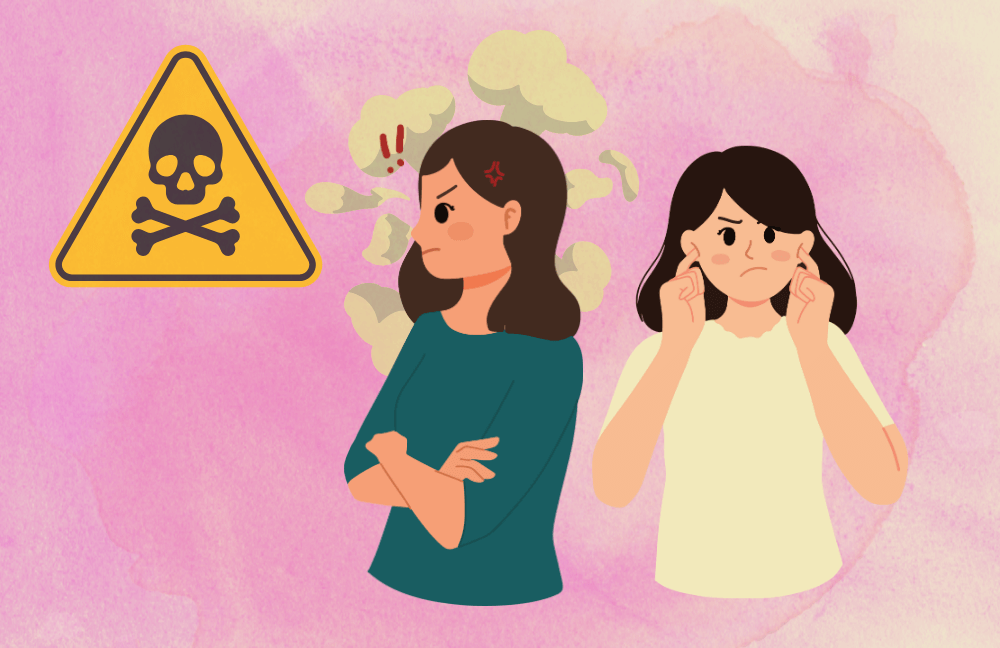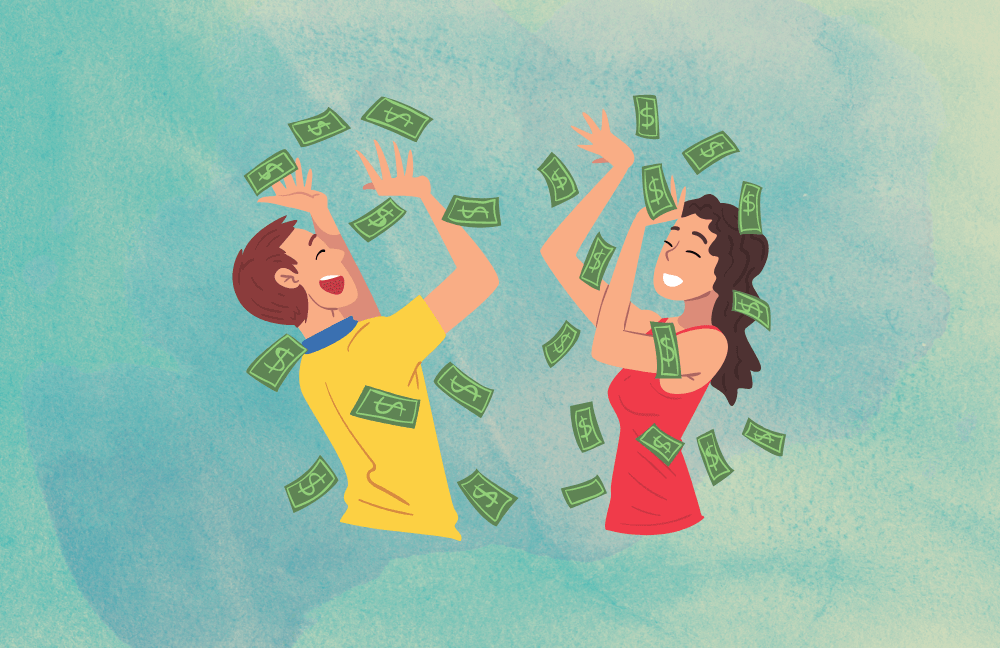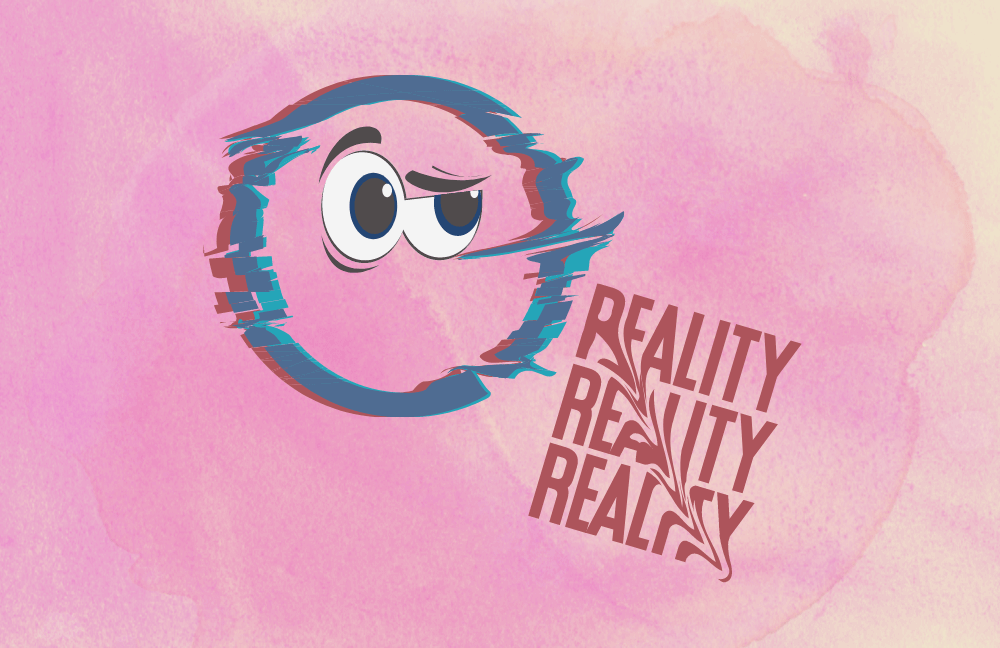
- Home
- About
- Book a Session
- Get Help
Personality
Relationships
Adult
Child
Schools
Corporates
- Do I need help?
- Trending
For millennia, money and happiness have sought an outwardly cordial relationship; yet it’s stayed eternally turbulent in the minds and lives of many. Economists and psychologists, bankers and the Wall Street, friends, spouses and family; all exercise their power to program the human mind on monetary matters. While happiness can be measured (if at all) qualitatively, money can’t help being an algebraic number. How then can we fathom the connection between a qualitative versus quantitative variable, and predict the influence of one over the other? How much is ever enough? What number on the paycheck constitutes a good salary? One that would bring in satisfaction?
“Money has never made man happy, nor will it; there is nothing in its innate nature to produce happiness.”
- Benjamin Franklin
Theoretically this is true. Money can’t be eaten, drunk, worn, watched, listened to; or hugged, held, adored, petted or made love to. Money does however provide the means to buy things that make one happy – up to a ceiling point. Psychologist and Nobel Laureate Daniel Kahneman and Economist Angus Deaton proposed this point to be $75,000 per annum. Although other research quoted that more is merrier, and based on people’s desires, even a 100 million US dollars would not suffice. The truth is, if we had to have a poll and ask people if they wanted to be rich or happy, people would agree they want to be happy.

Clearly those who don’t earn enough for their daily bread or a secure roof over their head sense a money deficit, and rightfully seek monetary stability. But what happens after the basic needs of food, clothing, shelter and security are met? Money can help you achieve your goals, provide for your future, and make life more enjoyable, but merely having the material pleasures doesn’t guarantee fulfillment. As we move up Maslow’s ladder, the needs for love, reassurance, achievement and actualization creep in. Interestingly money can’t buy any of these. Money buys everything material, but materialism guaranteeing happiness beyond a limit, is questionable.
Warren Buffet, the third richest man in the world with a net worth of more than 78 billion, said that he could be happier with way less than he has. He did quote an amount close to Deaton and Kahneman’s estimate. People can have exactly the same amount of money and feel entirely different about whether it’s adequate for what they want to buy, and whether it’ enough to make them feel secure. The trick is to not be fooled by engaging in the wrong chase. And knowing that ‘enough money’ or ‘good salary’ isn’t really a tangible thing unless we are more mindful of our varied definitions of satisfaction.
“Happiness is not defined by the measure of the currency you hold. Happiness itself is the ultimate currency.”
- Shefali Batra
“Remember those little things in life? They’re exactly the things that are not so little.”
- Shefali Batra
Everybody’s basal set points are different. Some people appear like they were born fussy and complaining while others look like cheerful, smiling creatures, regardless of their life situation. We can change our happiness set points to perceive enduring happiness. Money is always welcome, to add to that positive state.
An article in the Journal of Consumer Research explicated that, in general, our feelings for material purchases fade faster than they do for experiential purchases. Money can buy us new things every day, but the pleasure these things give us decreases daily too. Material goods depreciate: The day after you buy something, it’s usually worth less than you paid for it.
Take a car for example. Experiences, on the other hand, appreciate as time passes. Your memories of the things you did – vacations you took, concerts you went to, skydiving, bungee jumping, flying a plane or helicopter for leisure, all become fonder with time because you tend to recall the good things in life and smile. Money of course was instrumental in buying you these pleasures and bringing in the feeling of satisfaction.
“You’re not rich until you have something that money can’t buy.”
- Shefali Batra





WhatsApp us